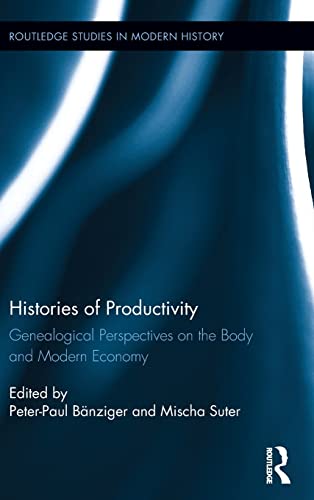

Most ebook files are in PDF format, so you can easily read them using various software such as Foxit Reader or directly on the Google Chrome browser.
Some ebook files are released by publishers in other formats such as .awz, .mobi, .epub, .fb2, etc. You may need to install specific software to read these formats on mobile/PC, such as Calibre.
Please read the tutorial at this link. https://ebooknice.com/page/post?id=faq
We offer FREE conversion to the popular formats you request; however, this may take some time. Therefore, right after payment, please email us, and we will try to provide the service as quickly as possible.
For some exceptional file formats or broken links (if any), please refrain from opening any disputes. Instead, email us first, and we will try to assist within a maximum of 6 hours.
EbookNice Team

Status:
Available5.0
7 reviewsGlobal issues such as climate change and the aftermath of the 2008 financial crisis have spurred interest in thinking about the history of the modern economy that goes beyond disciplinary economic history. This book contributes to the cultural history of capitalism and its different regimes of productivity by pursuing the perspective of body history and by providing a global scope. Throughout modernity, the body served as a fundamental, albeit essentially changing, linchpin for both the organization of economic practices and for intellectual reflections on the economy. In particular, it was the pivotal interface to render notions of economic productivity intelligible. The book explores this central thesis in a range of case studies, drawing on source material from West Africa, Europe, Mexico, and the US. Framed by a theoretically informed introduction, which also provides a conceptual history of notions of productivity, and by an afterword that brings the approaches explored in this volume into dialogue with scholarship inspired by Marx and Foucault, the individual chapters tackle the concept of productivity from a wide array of angles, each illuminating the promises and problems of a cultural take on the history of economic productivity.